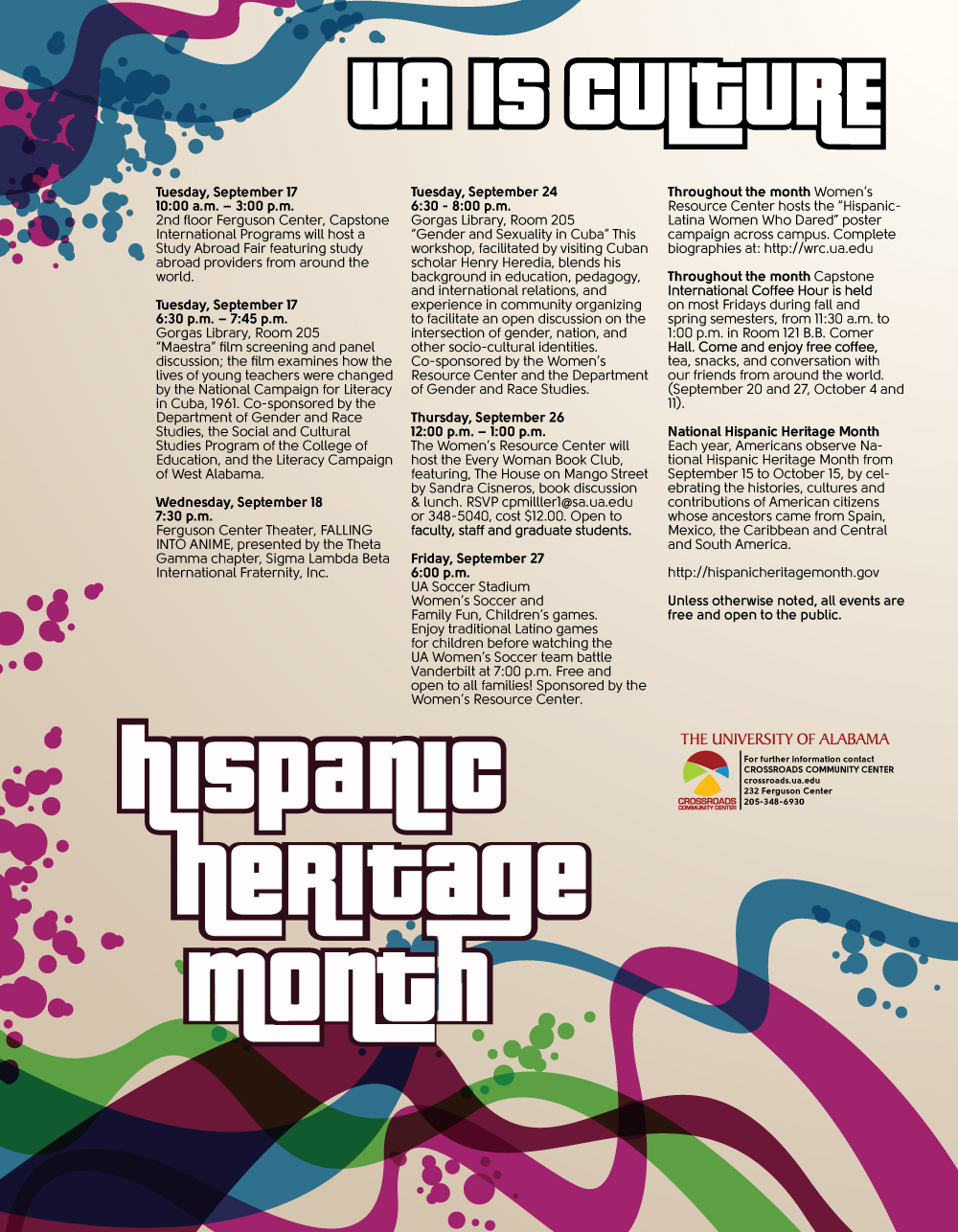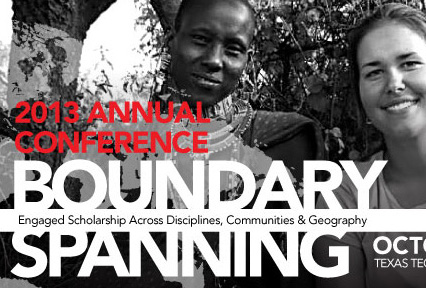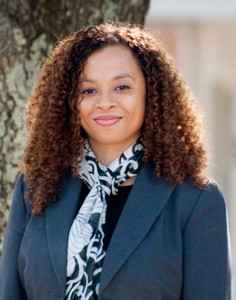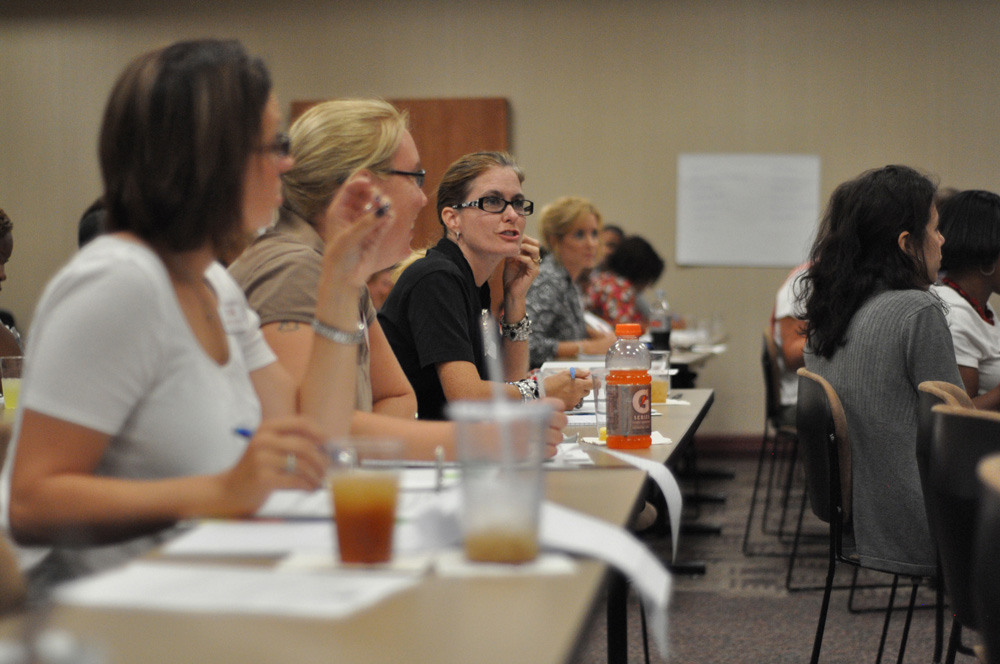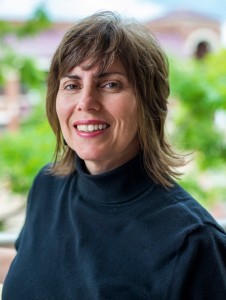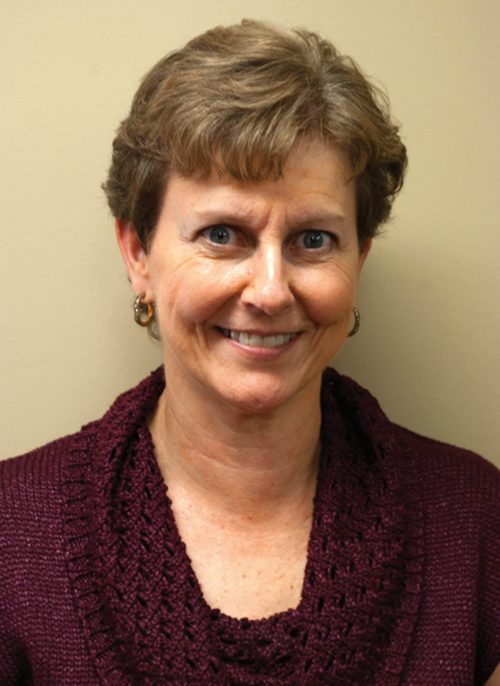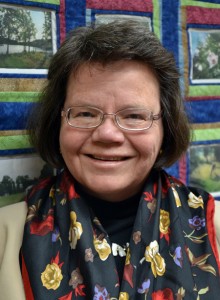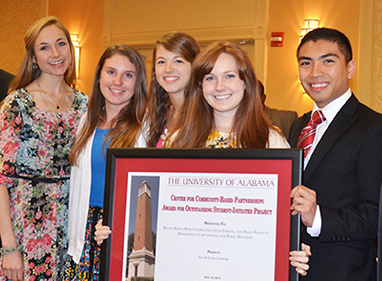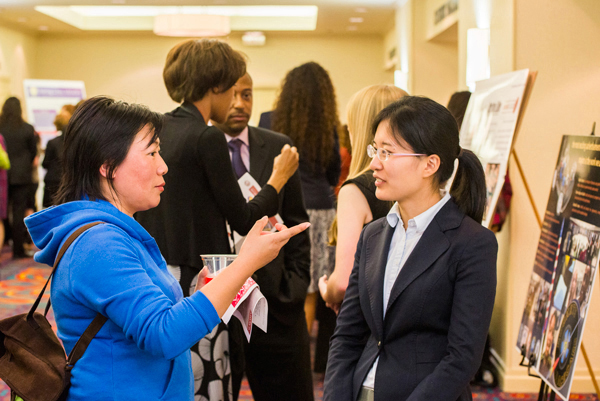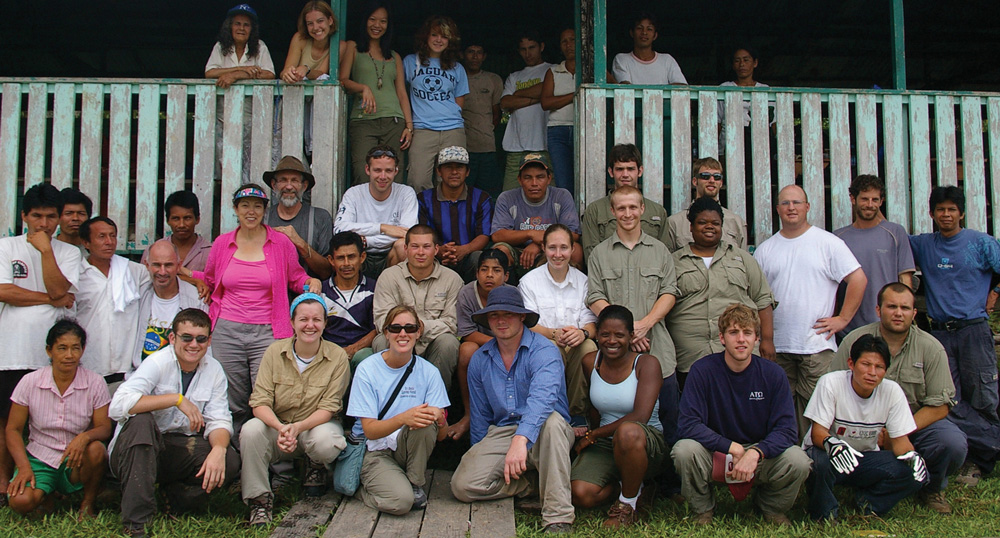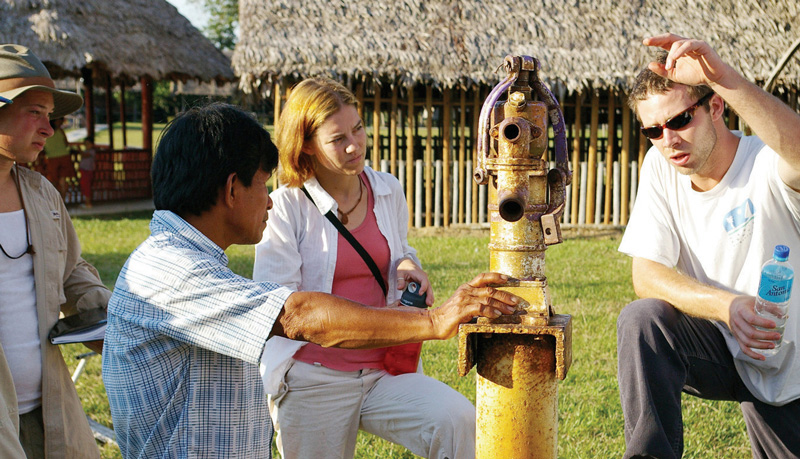New Teacher Leadership Academy Launched for Alabama; Pilot Programs Begins with Tuscaloosa County Schools
- October 13th, 2013
- in Uncategorized
By Kirsten J. Barnes
CCBP Graduate Assistant
October 9, 2013
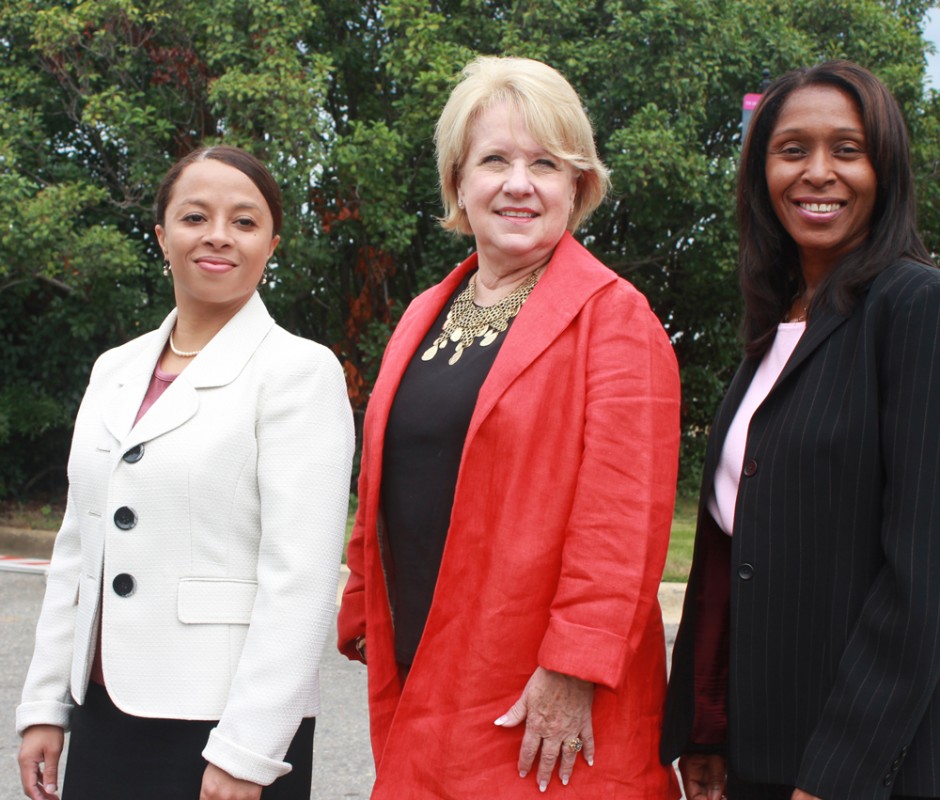
TUSCALOOSA — Having launched the award-winning Parent Leadership Academy (PLA) in 2007, The University of Alabama Division of Community Affairs has decided to build upon that success by creating a new program similar in nature but which incorporates another component of the school community – teachers.
Dr. Joyce Stallworth, associate provost and professor of education at UA, said the new Teacher Leadership Academy (TLA), offspring of the Parent Leadership Academy, came about after conversations with local principals and teachers, past PLA participants, Vice President for Community Affairs Dr. Samory Pruitt, and Center for Community-Based Partnership Community Education Director Dr. Heather Pleasants.
The new organization held its first meeting Friday, October 8, at the Bryant Conference Center. Eight area elementary schools were represented. Pruitt called the meeting “a great start. I could not have been more pleased. The teachers in attendance showed how very appreciative they were of how professionally everything was done.”
One of the speakers was Dr. Gay Barnes of Madison, Alabama, the state’s 2012 teacher of the year and one of four finalists for the national teacher of the year. Dr. Polly Moore, retired assistant superintendent for Tuscaloosa County Schools and facilitator of the program, presented an overview, summarizing the program’s purpose in these words: “Parents need the teachers and the teachers need the parents.”
The program’s origin, Stallworth said, came when “we asked ourselves what we could do to help parents become more engaged,” adding that becoming involved is not the responsibility of parents only; schools also must create opportunities for involvement.
Searching for existing parent-school partnership strategies, the group concluded that the most effective model is the National Network of Partnership Schools (NNPS), founded at Johns Hopkins University in 1996.
As a member of the network, the TLA will use the NNPS framework, a research-based approach for organizing and sustaining excellent programs of family and community involvement with the goal of increasing student success. NNPS has accumulated three decades of research on parental engagement, family engagement and community partnerships, and that will be the model the TLA will follow, Stallworth said.
Implementation of the program locally will mean more teachers joining more parents to be trained to be school leaders and equipped with the skills necessary to improve public education.
Although UA’s program will not provide college credit, the 27 teachers involved will improve skills to increase parent and family involvement; improve communication between teachers and parents; increase support for schools through community networks, partnerships, and grants; and ultimately increase opportunities for students to succeed.
Moore, the program facilitator, has previously worked with the PLA and brings more than 30 years of experience as a teacher and educational leader to her new role.
“I’m excited to be able to come back as a retired educator to get this off the ground,” Moore said. “The parents are such a valuable resource, and we need teachers to know how to involve those parents. This is just a natural follow to the PLA to get teachers and parents talking to improve the students’ overall success. Teachers who really know how to get parents involved are much more successful.”
Now in its sixth year, the PLA began with the Tuscaloosa city and county school systems. In the PLA, parents attend class to gain knowledge about how to become involved in their schools. Parent leaders then recruit other parents who want to learn more, along the way learning that their increased knowledge about their schools can be critical to school success by creating strong parent teams within schools. PLA is now expanding to other school districts. UA faculty and administrators are working with new partners, including Bessemer City Schools and Lamar County Schools.
The next steps for TLA are for Stallworth, Moore and Pleasants to attend the NNPS Leadership Development Conferences for Improving Programs of School, Family, and Community Partnerships, October 24–25, 2013, in Baltimore, and in December, NNPS will conduct a teacher leadership workshop in Tuscaloosa.
“This year is a pilot,” said Stallworth, explaining that the program will start with nine schools. “We will collect data as we go along.”
Stallworth, who has an outreach charge as associate provost, said she would like to see the program expand into Shelby, Hale and Greene counties, but wants make sure the pilot schools are successful before adding new areas. “We are looking at expanding, but we want to go very carefully and understand our capacity,” she said.
The initial 27 teachers will come from the following Tuscaloosa-area elementary schools: Skyland, Englewood, Matthews, Myrtlewood, Tuscaloosa Magnet, Holt, Flatwoods, Southview and Martin Luther King elementary schools.
In addition to working on creating school-based leaders, the TLA will work to provide support for the already required school-improvement plans by assisting teachers and parents with school-wide projects and programs they can initiate.
“I always told my teachers when I was a principal that parents send us the very best that they have and they want the very best for that child. Some of them just know how to go about it a little better than others,” Moore said, adding that these programs help to educate all teachers and parents on the best way to get the best results for their students.
The teachers will meet four times a year, with the first meeting on October 10, 2013.
“We don’t want this to be a burden to the teachers. We want this to be a safe space for teachers to come and talk about these issues,” Stallworth said. “Therefore, October seemed the perfect time to have the first meeting.”
Both Stallworth and Moore said their hope is that the teachers will leave with information they can immediately use to improve parent/school partnerships.
